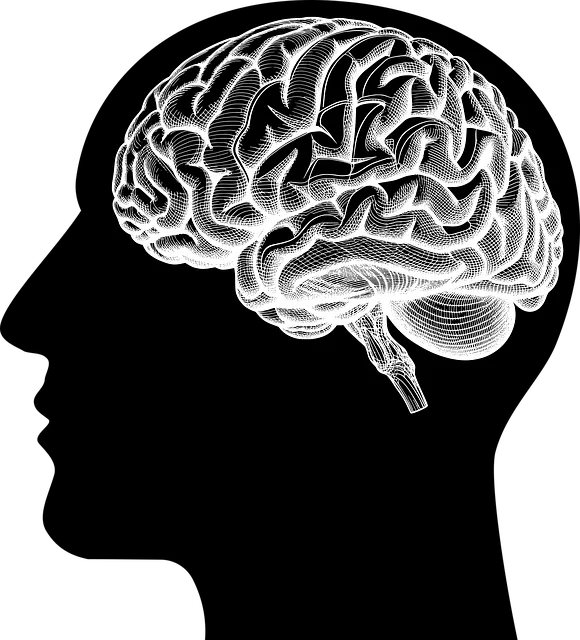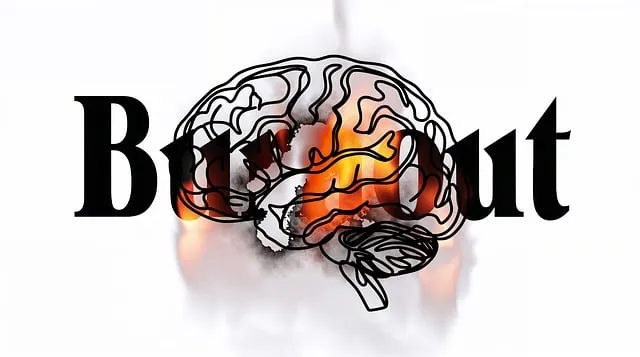Kaiser Permanente mental health Centennial prioritizes risk assessment and harm minimization for comprehensive patient care. Structured approaches identify and mitigate risks associated with mental illness, enhancing safety during crises. By integrating tools like Crisis Intervention Guidance and evidence-based methods, they tailor interventions, promote Mental Illness Stigma Reduction, and improve outcomes, fostering a supportive environment for resilience and positive mental wellness among members, employees, and the community.
Risk assessment and harm minimization planning are vital components of providing safe, effective mental healthcare. This article explores critical aspects of ensuring patient well-being within complex healthcare settings, using Kaiser Permanente Centennial as a case study. We delve into understanding established risk assessment frameworks in mental health care, identifying and mitigating potential harms at this leading healthcare organization, and developing comprehensive strategies to enhance the safety of mental health services.
- Understanding Risk Assessment Frameworks in Mental Health Care
- Identifying and Mitigating Harms at Kaiser Permanente Centennial
- Developing Comprehensive Strategies for Safe Mental Healthcare
Understanding Risk Assessment Frameworks in Mental Health Care

Understanding Risk Assessment Frameworks in Mental Health Care
At Kaiser Permanente mental health Centennial, risk assessment frameworks play a pivotal role in ensuring comprehensive patient care and effective harm minimization planning. These structured approaches help clinical professionals identify, evaluate, and mitigate potential risks associated with mental illness, enhancing safety for individuals facing crises. By integrating tools like Crisis Intervention Guidance, the Centennial team employs evidence-based methods to assess and address immediate dangers while fostering resilience building.
This holistic process involves not only identifying risk factors but also understanding protective elements within a patient’s environment and support system. Through diligent risk assessment, mental health professionals can tailor interventions, develop proactive strategies, and guide Mental Illness Stigma Reduction Efforts, ultimately promoting better outcomes and improved quality of life for each individual.
Identifying and Mitigating Harms at Kaiser Permanente Centennial

At Kaiser Permanente Centennial, recognizing and mitigating potential harms is a cornerstone of their comprehensive risk assessment strategy. The organization prioritizes the mental health and well-being of its members, employees, and the community it serves. By implementing robust harm minimization plans, they aim to create a supportive environment that fosters resilience and promotes positive mental wellness.
One key initiative focuses on burnout prevention within the healthcare workforce. Through the development of mental wellness coaching programs, Kaiser Permanente offers valuable resources for employees to manage stress, enhance self-care routines, and improve overall mental health. These programs empower individuals to take proactive steps in maintaining their psychological well-being, ensuring a healthier and more sustainable work environment.
Developing Comprehensive Strategies for Safe Mental Healthcare

At Kaiser Permanente mental health Centennial, we recognize that comprehensive risk assessment and harm minimization planning are integral to delivering safe and effective care. Our strategies encompass a multi-faceted approach, combining evidence-based practices with innovative initiatives to foster a supportive environment for our clients’ mental wellness. We integrate Public Awareness Campaigns Development, Mental Wellness Journaling Exercise Guidance, and Coping Skills Development into our core services, ensuring that individuals not only receive treatment but also gain the tools needed to thrive.
Through collaborative efforts, we’ve designed tailored interventions that address diverse psychological needs. By integrating these strategies, we aim to enhance public awareness, empower individuals through self-care practices, and equip them with coping skills to navigate life’s challenges. This holistic approach aligns with our commitment to not only managing risks but also promoting long-term mental health and overall well-being within our community.
Risk assessment and harm minimization planning are essential components of providing safe and effective mental healthcare, especially in complex settings like Kaiser Permanente Centennial. By understanding robust risk assessment frameworks, identifying potential harms, and developing comprehensive strategies, mental health professionals can ensure the well-being of patients at Kaiser Permanente Centennial and across similar institutions. These practices not only safeguard individuals but also foster a culture of quality care and continuous improvement in the realm of mental healthcare.






